Vaccinations
Vaccinating your dog helps protect them from catching and transmitting serious diseases. When a dog is vaccinated, a small modified section of the disease is injected into your dog, which then allows their immune system to learn how to fight it.
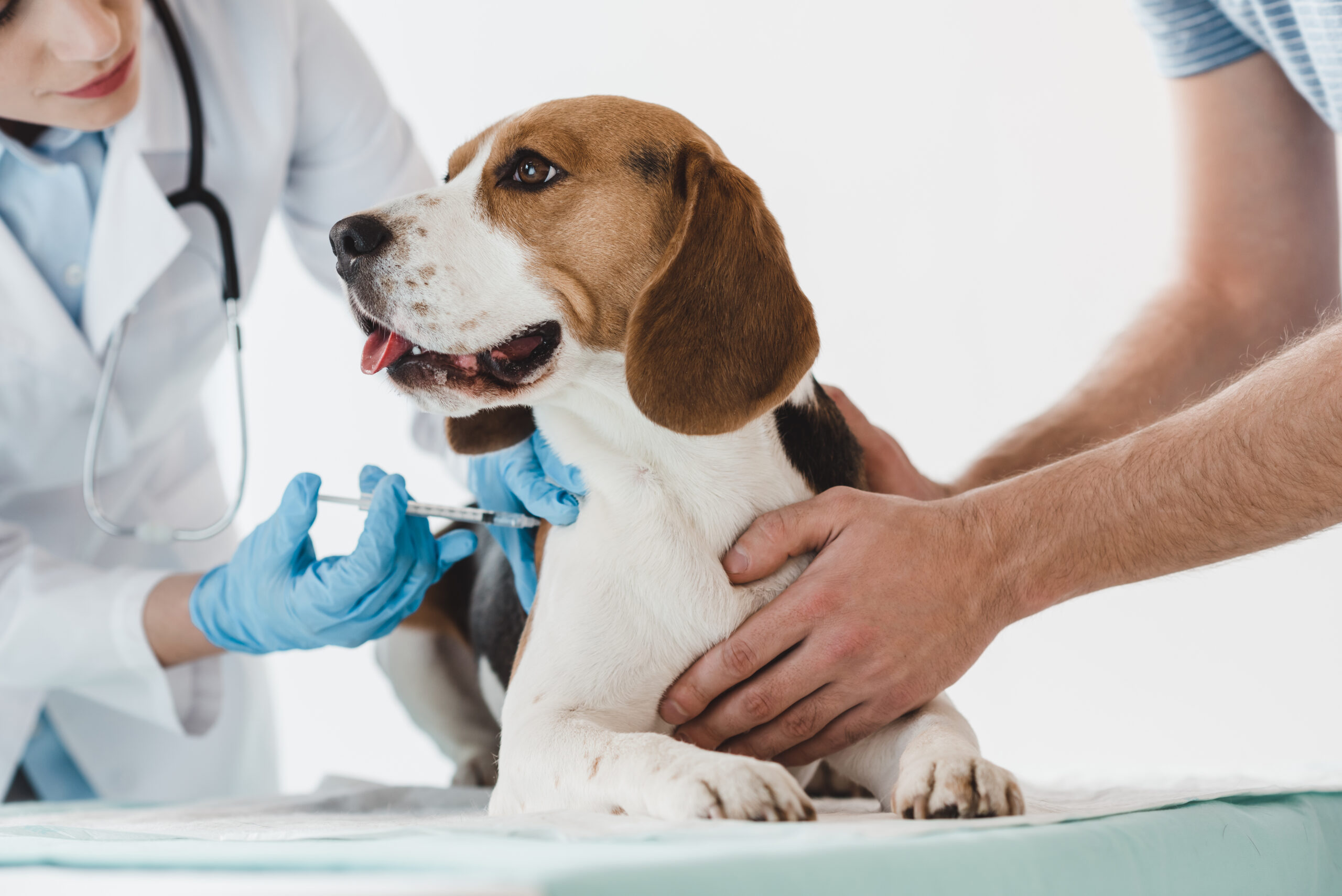
What vaccines does my dog need?
There are four “core” diseases we vaccinate against in dogs:
Parvovirus
A highly contagious disease which causes severe vomiting and diarrhoea. Parvo vaccines are usually given every three years.
Distemper
A very serious and often fatal disease which affects several organs in the body, including the lungs, heart, brain, and gut. Distemper vaccines are usually given every three years.
Hepatitis
A virus which attacks the liver, kidneys, eyes, and blood vessels. Infectious hepatitis spreads through bodily fluids and can last in the environment for up to a year. Hepatitis vaccines are usually given every three years.
Leptospirosis
a bacterial disease that damages vital organs such as the liver and kidneys. There are four strains of Lepto, and depending on your location your vet many vaccinate against two or four of these strains. Lepto vaccines are usually given every year.
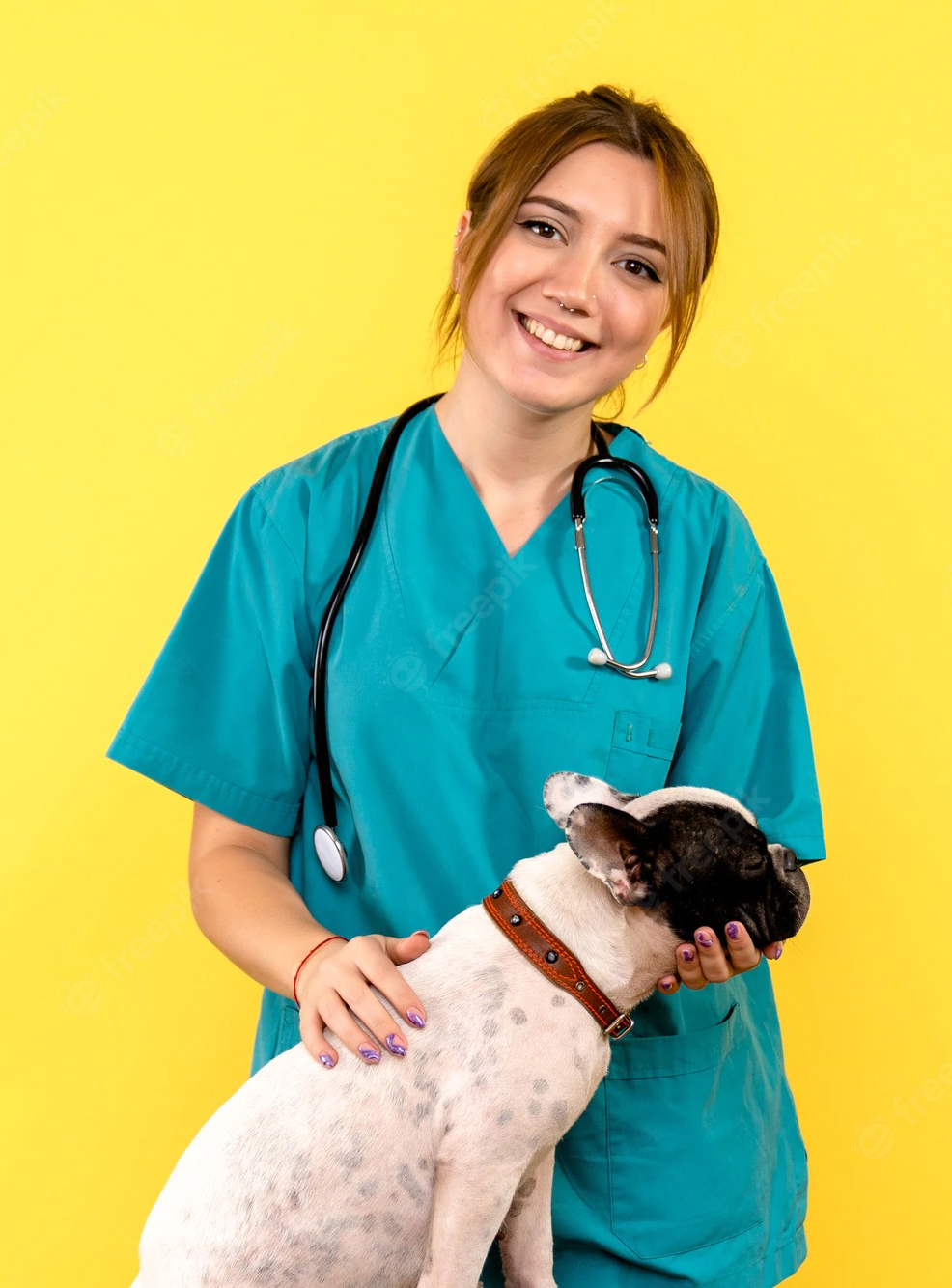
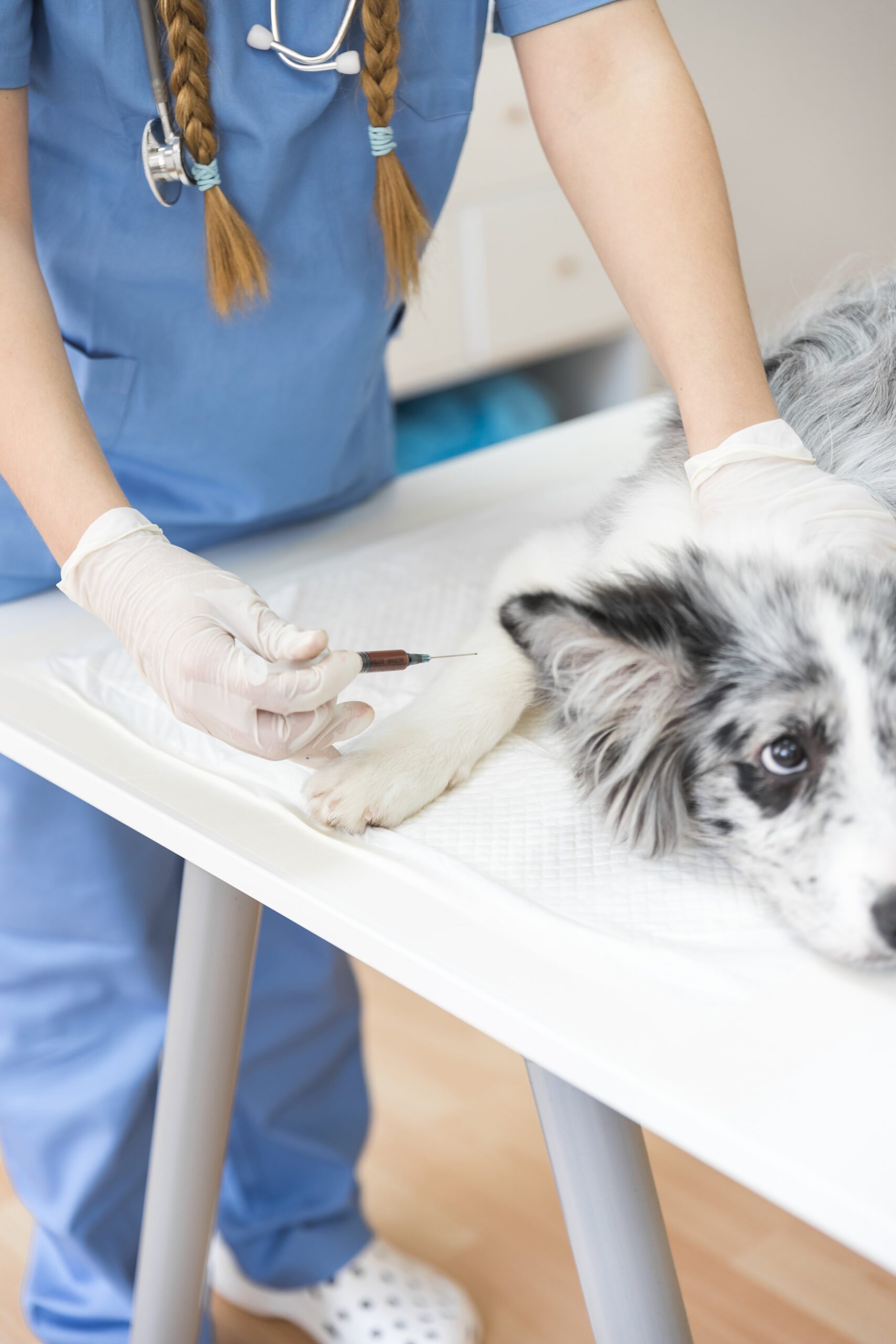
There are also additional vaccines your vet may recommend for your dog:
Kennel cough
This vaccine is recommended if your dog spends lots of time in places with other dogs, such as at doggy day care or kennels. Kennel cough vaccines should be given once a year, and are administered as a liquid up your dog’s nose.
Rabies
This vaccine is required if your dog is going to travel abroad. Rabies vaccines can be given either every one or three years, and your vet will discuss with you the best schedule for your dog.
When should I vaccinate my dog?
Your dog will need a primary set of injections followed by annual boosters.
Primary course – Most dogs will be given their primary course of injections as a puppy. Puppies are typically given their first vaccines when they are six to eight weeks old, with a second dose needed two to four weeks later. You should wait until a week after your puppy’s second vaccines before you let them outside in public areas.
Boosters – Your dog will then require annual boosters to keep their vaccines up to date. The date of your dog’s booster should be written on their vaccination record. If your dog misses their booster, they will need to be given a new primary course of vaccines. Make a note on your calendar so you don’t forget!

What happens at a vaccine appointment?
Your dog will need a primary set of injections followed by annual boosters.
Before vaccinating your dog, the vet will give them a full check over and ask you some general questions about their health, as it is important that your dog is healthy when they have their injections.
The vaccines will be injected under the skin on the back of the dog’s neck, and your dog will need to be held still. Your vet may ask for your help holding them still, but if you do not feel comfortable doing so they will be able to ask someone else in the practice to help. Vaccinations are not painful, but they may feel cold or sting slightly.
A vaccine appointment is also a good time to discuss any questions or concerns you may have, and to ask about flea and worm treatments for you dog. If your puppy also needs microchipping, this can be done at the same time.
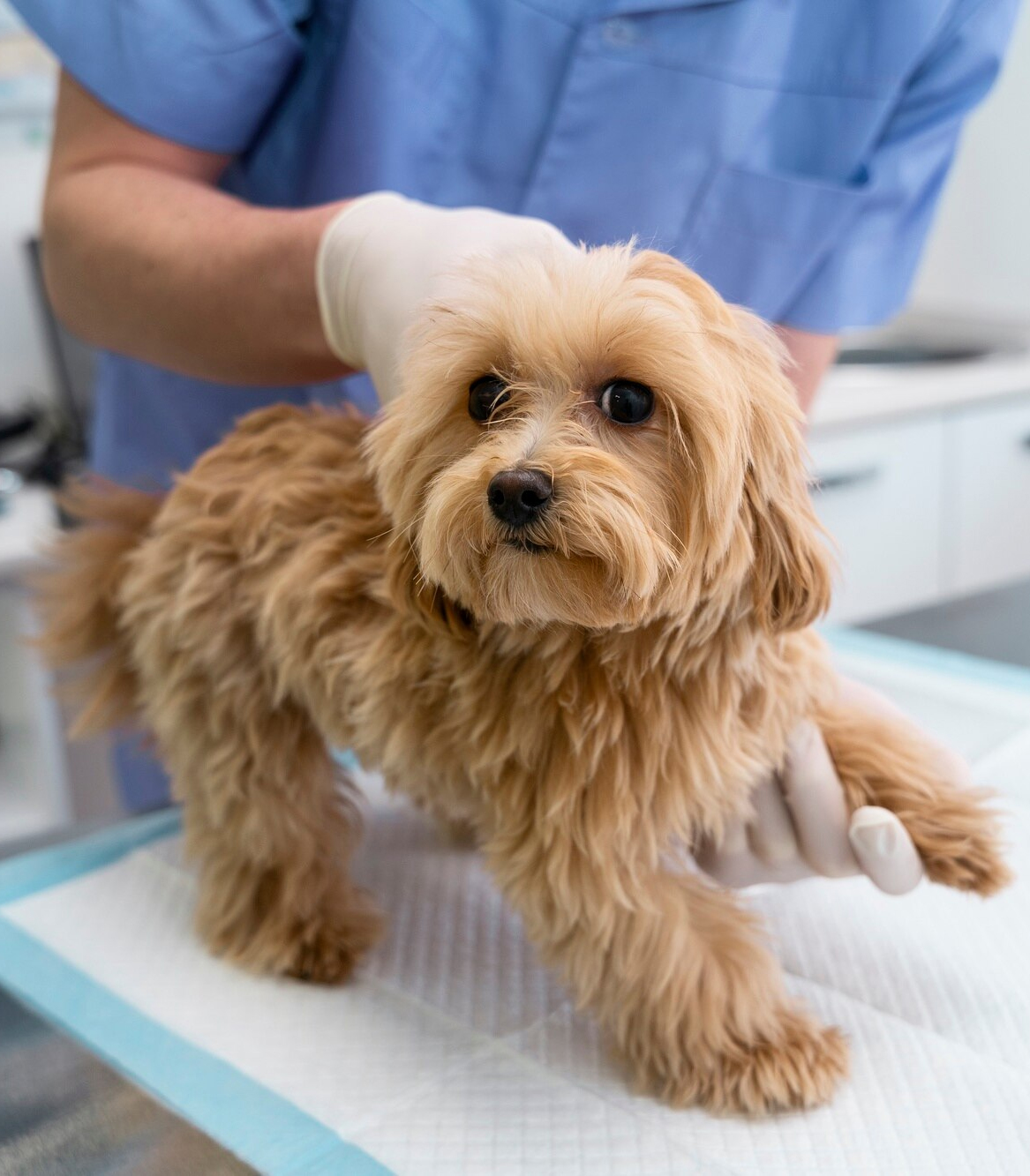
What happens at a vaccine appointment?
Your dog will need a primary set of injections followed by annual boosters.
Before vaccinating your dog, the vet will give them a full check over and ask you some general questions about their health, as it is important that your dog is healthy when they have their injections.
The vaccines will be injected under the skin on the back of the dog’s neck, and your dog will need to be held still. Your vet may ask for your help holding them still, but if you do not feel comfortable doing so they will be able to ask someone else in the practice to help. Vaccinations are not painful, but they may feel cold or sting slightly.
A vaccine appointment is also a good time to discuss any questions or concerns you may have, and to ask about flea and worm treatments for you dog. If your puppy also needs microchipping, this can be done at the same time.
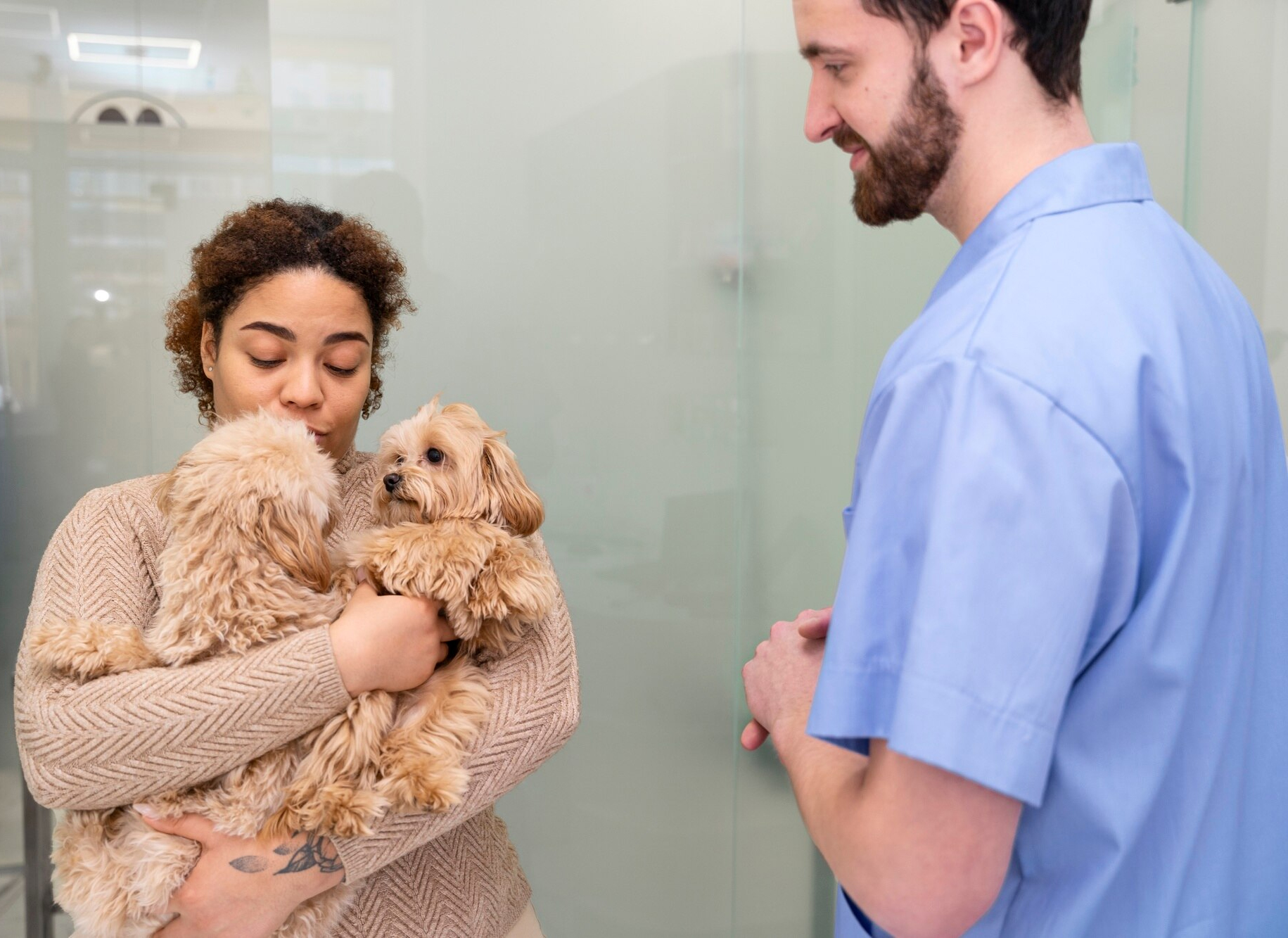
Possible side effects...
In some cases, vaccines can occasionally cause side effects. These are usually mild and will pass within 24-48 hours. Your dog may be low energy or have tenderness around the injection site, especially if it is their first vaccines. If your dog is not used to travelling in a car, they may also feel travel sick, which some owners can mistake for side effects of the vaccine!
Serious side effects are very rare, and if your dog has experienced side effects after previous vaccines make sure to tell your vet. Although vaccines can cause side effects, it is important to remember that the risk is very small compared to the importance of protecting your dog from potentially deadly diseases.
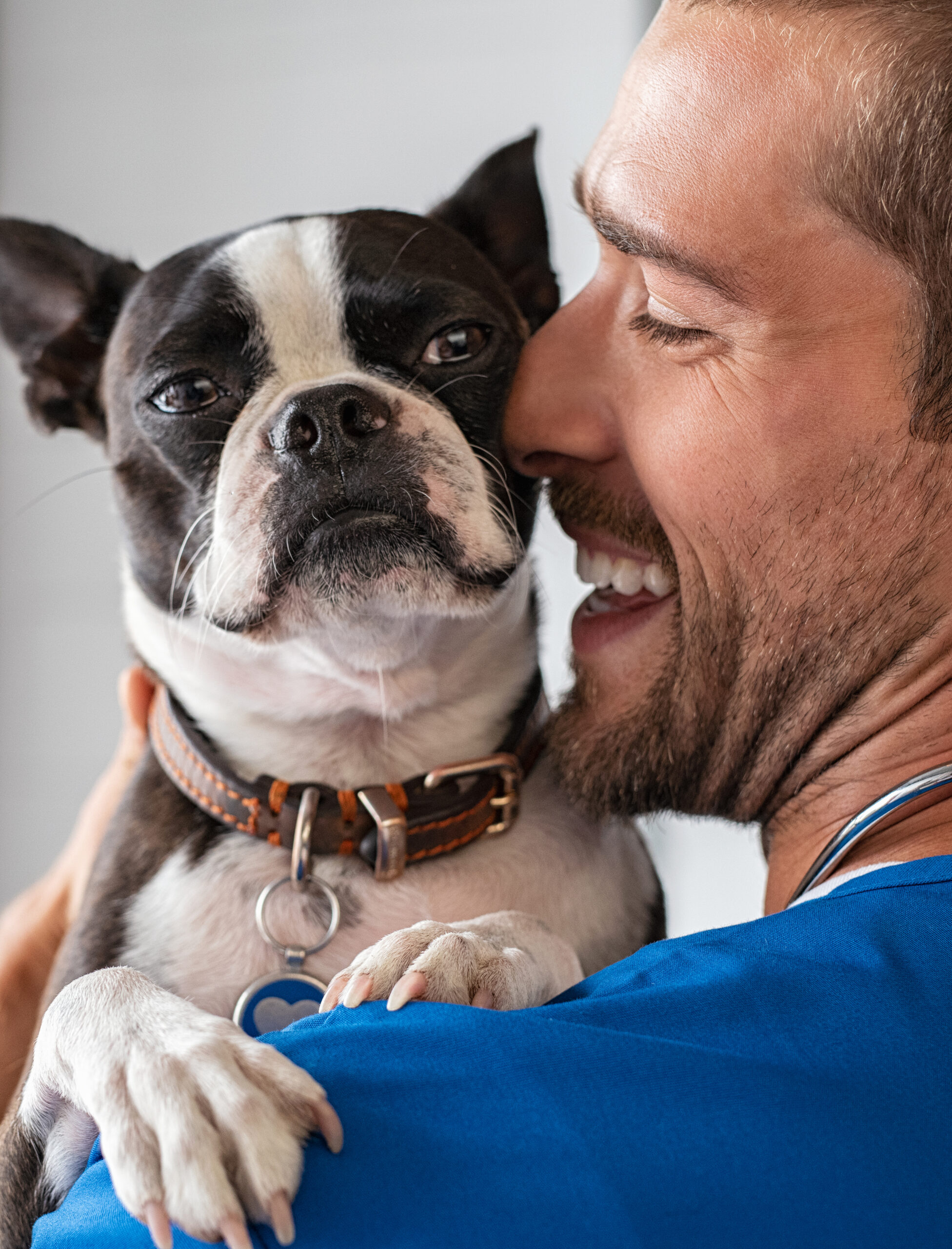
If you’d like to book an appointment to get your dog vaccinated at The Rescue Hotel Health Centre then please call us on 029 2120 2975 or if you’d prefer to contact us online, please click here.